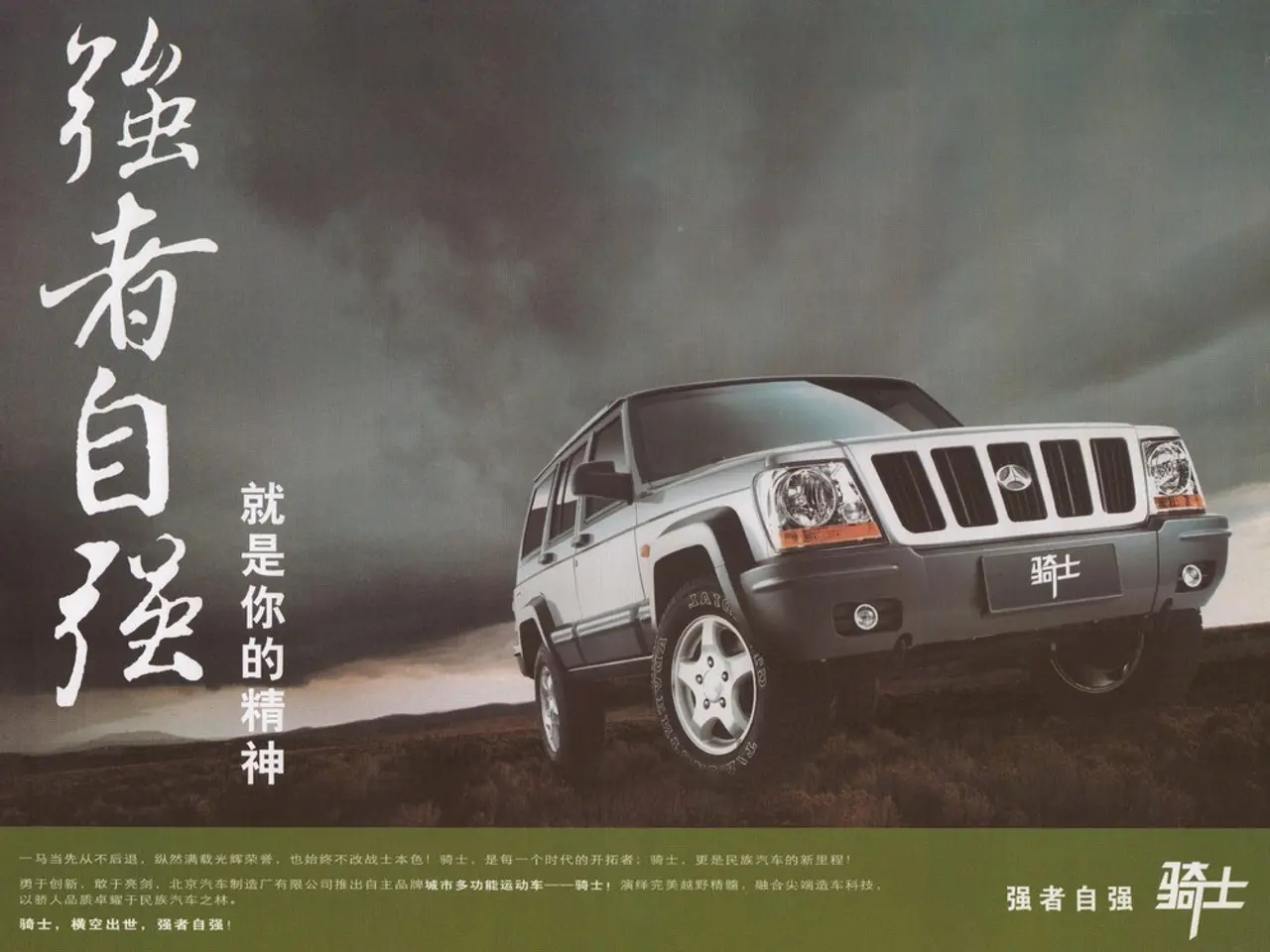Urgent call for decisive action to preserve national democratic system
In the face of escalating threats from China, Taiwan's democratic resilience is being tested like never before. A recent analysis in Foreign Affairs has highlighted the main challenges to reducing affective polarization and promoting unity among political parties in Taiwan, which weaken the nation's strategic coherence [1][3][4].
The rivalry between the ruling Democratic Progressive Party (DPP) and the opposition Kuomintang (KMT), and allied parties, is characterized by harsh accusations, obstructive legislative tactics, and competing narratives around national identity and sovereignty, undermining trust and collaboration [1][3][4].
Mutual Delegitimization is a key challenge, with the DPP accusing the KMT of collusion with Beijing, and the KMT framing the DPP as authoritarian, fueling societal divisions [1]. This has led to Legislative Obstruction and Budgetary Gridlock, with opposition blocs blocking defense spending increases critical to counter China’s coercive tactics, impeding military readiness and strategic unity [1][4].
The polarized and distrusted media landscape in Taiwan further exacerbates public distrust and social division, with only about 27% of Taiwanese trusting most news media [1]. Political Hardball and Recall Campaigns have intensified partisan conflict without resolving underlying tensions [3][4][5].
Beijing is exploiting these internal fissures, eroding public confidence in government and Taiwan’s deterrence capabilities, through cyber attacks, disinformation, and gray-zone tactics [1].
Proposed solutions to alleviate polarization and promote unity include encouraging political compromise, fostering multi-party deliberation, and improving media literacy and trust [2]. Grassroots protests have also pushed back on legislative moves perceived as undermining democracy, signaling public demand for less partisan conflict [4][5].
Simon Tang, an adjunct professor at California State University, Fullerton, has stated that democracy is not just about elections, but also about the ability to govern [6]. Tang urged Taiwanese lawmakers to set aside their differences and act swiftly and decisively, as was done during the early days of COVID-19 [7].
President William Lai's administration has called for bolstering deterrence, but the opposition has blocked funding [8]. The recent political climate in Taiwan has led to a level of polarization that is no longer just a nuisance, but a national security risk [7].
The headline of the analysis in Foreign Affairs bluntly warned that "Taiwan's democracy is in trouble" [8]. Beijing is not only increasing military threats and coercive pressure towards Taiwan, but is also using online disinformation and whisper campaigns about war and chaos to further exacerbate the situation.
Without addressing these internal political challenges, Taiwan risks strategic incoherence and vulnerability to external pressure from China. The future of Taiwan's democracy hangs in the balance, and the need for unity and cooperation has never been more urgent.
This article is based on recent analyses of Taiwan’s political environment in 2025 [1][2][3][4][5].
References:
- Nachman, Lev and Yen Wei-ting. (2025). Taiwan's Democracy is in Trouble. Foreign Affairs.
- Chen, Hsin-Hao. (2025). The Necessity of Political Compromise in Taiwan. Journal of East Asian Affairs.
- Lee, Hsiang-Ying. (2025). The Impact of Recall Campaigns on Taiwanese Politics. Taiwan Journal of Political Science.
- Chou, Shih-Chi. (2025). Breaking the “Fu-Huang system”: Towards Genuine Multi-Party Dialogue in Taiwan. Taiwan Journal of Political Science.
- Chen, Chih-Yung. (2025). The Bluebird Movement: Grassroots Activism Against Political Deadlock in Taiwan. Taiwan Journal of Political Science.
- Tang, Simon. (2025). Democracy is Not Just About Elections. Taipei Times.
- Tang, Simon. (2025). Taiwanese Lawmakers Must Act Swiftly and Decisively. Taipei Times.
- Foreign Affairs. (2025). Taiwan's Democracy is in Trouble [Headline]. Foreign Affairs.
- The general news in Foreign Affairs warns of a potential national security risk, as Taiwan's democracy is currently facing internal challenges that may lead to strategic incoherence, such as affective polarization and lack of unity among political parties.
- Amidst the escalating conflict between the ruling Democratic Progressive Party (DPP) and the opposition Kuomintang (KMT), issues like leadership, finance, and policy-and-legislation have been significantly affected, with legislative obstruction and budgetary gridlock impeding defense spending increases.
- Taiwan's diversity-and-inclusion, including the cultures, narratives, and identities of different political parties, plays a role in the rivalry between the DPP and KMT, contributing to the mutually-delegitimizing climate that exists.
- As the political climate becomes increasingly polarized, the business sector could potentially be affected, as external threats from China and internal political conflicts may hamper Taiwan's strategic coherence, making it less competitive on the global stage.




